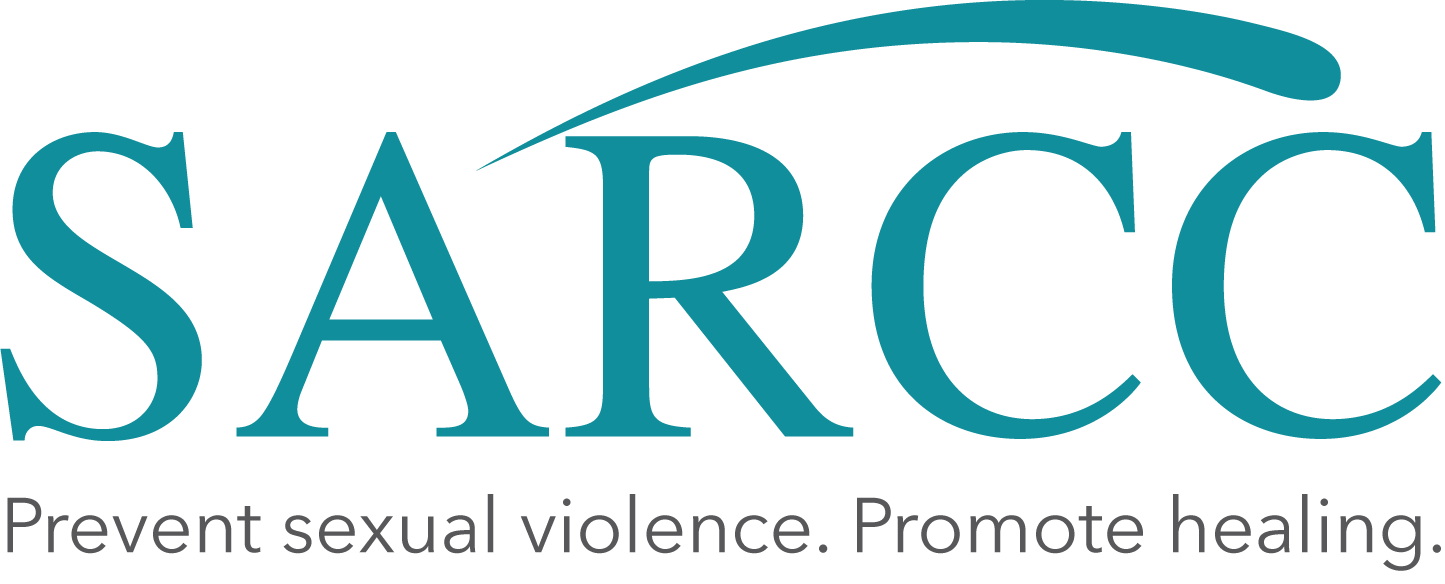Over the past few weeks, our country has witnessed crushing examples of the lethal impact of racism in our society. Ahmaud Arbery was killed while jogging through his neighborhood on a sunny weekend afternoon. Breonna Taylor was shot to death while sleeping in her apartment. George Floyd had an officer kneel on his neck until his breath left his body.
Other things happened too. Black, Brown, and Native people in our country experienced higher rates of infection and death from COVID-19. This was largely due to disparities in healthcare and working in frontline and essential jobs. Women of Color were one of the groups most deeply affected by the economic impacts of this pandemic.
During all of this, Ida B. Wells was awarded a posthumous Pulitzer Prize for her investigative journalism on lynching in America. A posthumous prize is one awarded after a person’s passing. Wells dedicated years of her life to reporting on the use of lynching as a tool of racial oppression. Most often, it was employed as justification based on false claims of sexual violence committed by Black men.
Sexual violence is often used as a tool or justification for racist oppression. Black, Brown, and Native Communities in our country experience higher rates of sexual victimization than white populations. Given the extensive history uncovered by Wells and the realities of higher rates of lethal police encounters, disproportionate sentencing and rates of incarceration, many survivors who identify as people of color will never report.
Experts in the anti-sexual violence movement and researchers studying the epidemiology of sexual violence tell us that racism and sexual violence are inextricably linked. The attitudes, skills, and biases that a person needs to justify and carry out acts of sexual violence mirror those needed to carry out acts of racism. Both require the ability to see another person as less than. Both require the ability to reconcile the hurt and suffering caused to another. Both require an exertion of power over another. Both cause great pain. Both require intense healing to overcome.
At SARCC, it is our mission to prevent sexual violence and promote healing. To prevent it, we break down the biases and build up the attitudes and skills needed to prevent one person from harming another. These are the same skills needed to prevent racism. And sexism. And heterosexism. And poverty. And homelessness. And more. Anti-racism work is not a partisan issue, it is a human issue.
To promote healing from sexual violence, racism, and all other forms of oppression, we engage our communities in thoughtful discussion and action planning for active anti-racism work. It will not be enough to be silently “not-racist”. Each of us has a responsibility to learn the skills needed to be actively anti-racist. White community members, it’s time to be vocal and to be active players in this community building effort. For examples of things you can do right now to promote racial equity, check out this list.
Next week, SARCC will launch an Anti-Racism action planning series together with big thinkers and doers from our community, including: Time to Think, LLC; Strength, Love, and Motivation Counseling; Project 13th Grade; Lebanon Valley College; KNZ Life-Coaching, and many other community-based organizations and invested community members. These planning discussions will center the voices and experiences of folks in our communities who experience the everyday violence of racism, and call our communities to take accountable action toward real change. We cannot afford to wait. Join us in building a better space for healing, and preventing future violence. There will be both a daytime and an evening option to participate.

